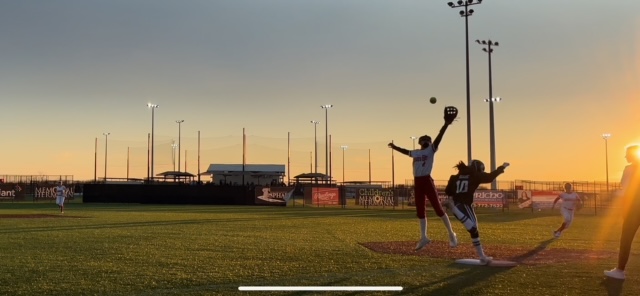
In the dazzling spotlight of competition, where triumphs are celebrated and defeats dissected, lies a realm of immense pressure that only athletes truly understand. Beneath the veneer of strength and confidence, competitive athletes grapple with a myriad of internal and external pressures that shape their journey on and off the field. From the weight of expectations to the relentless pursuit of perfection, the pressure cooker of sports can exact a heavy toll on the minds and bodies of athletes.
The Burden of Expectations
For many competitive athletes, the burden of expectations is an ever-present companion. Whether self-imposed or externally imposed by coaches, teammates, or fans, the pressure to perform at a consistently high level can be suffocating. Each competition carries the weight of past achievements and future aspirations, intensifying the scrutiny and amplifying the stakes. The fear of falling short, of letting down oneself and others, looms large, casting a shadow over every stride and stroke.
The Quest for Perfection
In the pursuit of excellence, competitive athletes often find themselves ensnared in the relentless quest for perfection. Every practice session, every repetition, becomes a relentless pursuit of flawlessness, driven by an insatiable desire to surpass the limits of human potential. Yet, the elusive nature of perfection renders it an unattainable ideal, leaving athletes trapped in a cycle of self-doubt and frustration. The relentless pursuit of perfection can become a double-edged sword, fuelling greatness while exacting a toll on mental and physical well-being.
The Fear of Failure
In the high-stakes arena of sports, the fear of failure lurks at every corner, ready to pounce on even the most seasoned athletes. Whether it’s a missed shot, a fumbled pass, or a defeat on the scoreboard, failure carries a heavy emotional weight that can linger long after the final whistle. The fear of falling short of expectations, of facing judgment and criticism, can paralyze athletes, robbing them of their confidence and resilience. Yet, it is often through failure that athletes learn, grow, and ultimately thrive, turning setbacks into springboards for success.
The Loneliness of Competition
Despite the camaraderie of teammates and the support of coaches, the journey of a competitive athlete can be a solitary one. The relentless pursuit of individual excellence can breed a sense of isolation, as athletes grapple with their inner demons and navigate the highs and lows of their careers alone. The pressure to perform, to excel, can create a barrier between athletes and those around them, leaving them feeling disconnected and alone in the midst of a crowded arena.
Coping with the Pressure
In the face of such formidable pressure, competitive athletes must develop coping mechanisms to navigate the highs and lows of their journey. Whether it’s mindfulness techniques, visualization exercises, or seeking support from sports psychologists, finding healthy ways to manage stress and anxiety is essential for long-term success and well-being. Moreover, cultivating a supportive network of coaches, teammates, and loved ones can provide a vital lifeline during the darkest moments of doubt and despair.
Conclusion
The pressure of competition is an undeniable reality for competitive athletes, shaping their experiences and shaping their lives in profound ways. Yet, amidst the crucible of competition, athletes discover resilience, strength, and perseverance they never knew they possessed. It is through the crucible of pressure that champions are forged, their spirits tempered by adversity, their resolve steeled by challenge. And though the journey may be fraught with obstacles and uncertainties, the indomitable spirit of the competitive athlete endures, a testament to the power of the human spirit to rise above adversity and achieve greatness.

